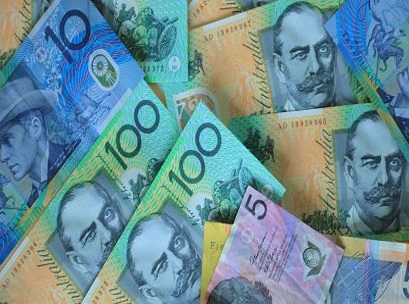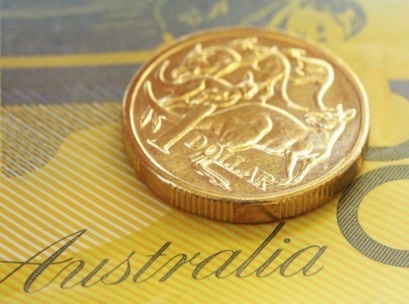
The Australian dollar has risen Friday, buying 70.68 US cents from 70.33 US cents yesterday.
Yesterday, the Aussie has inched ahead as mixed jobs data offered no new incentive to wager on a rate cut in the near term, while bonds rallied as US markets narrowed the odds on an aggressive easing from the Federal Reserve.
The local currency was 0.3 per cent firmer on Thursday at 70.29 US cents, still short of the week’s high at 70.45 US cents.
Australian data showed employment rose a surprisingly small 500 in June, but all the weakness was in part-time work with full-time jobs rising 21,100.
The unemployment rate held at 5.2 per cent for a third month running, underlining the challenge the Reserve Bank of Australia has in reaching its new goal of 4.5 per cent.
Yet, with the RBA already having cut rates in June and July the data was not considered weak enough to add to the case for another easing in the short term.
Futures eased to imply just a 10 per cent chance of a reduction in the 1.0 per cent cash rate in August and a 32 per cent probability of a move in September.
But an easing to 0.75 per cent is almost fully priced by December, with a 40 per cent chance of reaching 0.5 per cent sometime next year.
“The data gives the RBA room to stay on hold in August,” said NAB economist Kaixin Owyong.
“It will likely prefer to see what impact recent cash rate cuts and income tax cuts have on the economy.”
“In our view though, momentum in the labour market is slowing, with the risk that the unemployment rate continues to tick higher. We continue to forecast another rate cut to 0.75 per cent in November.”
The RBA is far from alone in having to ease policy, with South Korea’s central bank on Thursday becoming just the latest to cut rates.
Markets also turned decidedly more dovish on the U.S. outlook this week, driving Treasury yields sharply lower.
Futures now imply a 35 per cent chance of the Fed cutting by 50 basis points later this month, up from almost zero early in July.
Longer-dated bonds rallied particularly hard with yields on 30-year debt dropping 8.0 basis points overnight, the third largest daily decline so far this year.
Australian 10-year yields followed with a fall to 1.351 per cent down from 1.486 per cent at the start of the week.
Three-year bond futures added 2.0 ticks to 99.095, up from a recent 99.010 low.






